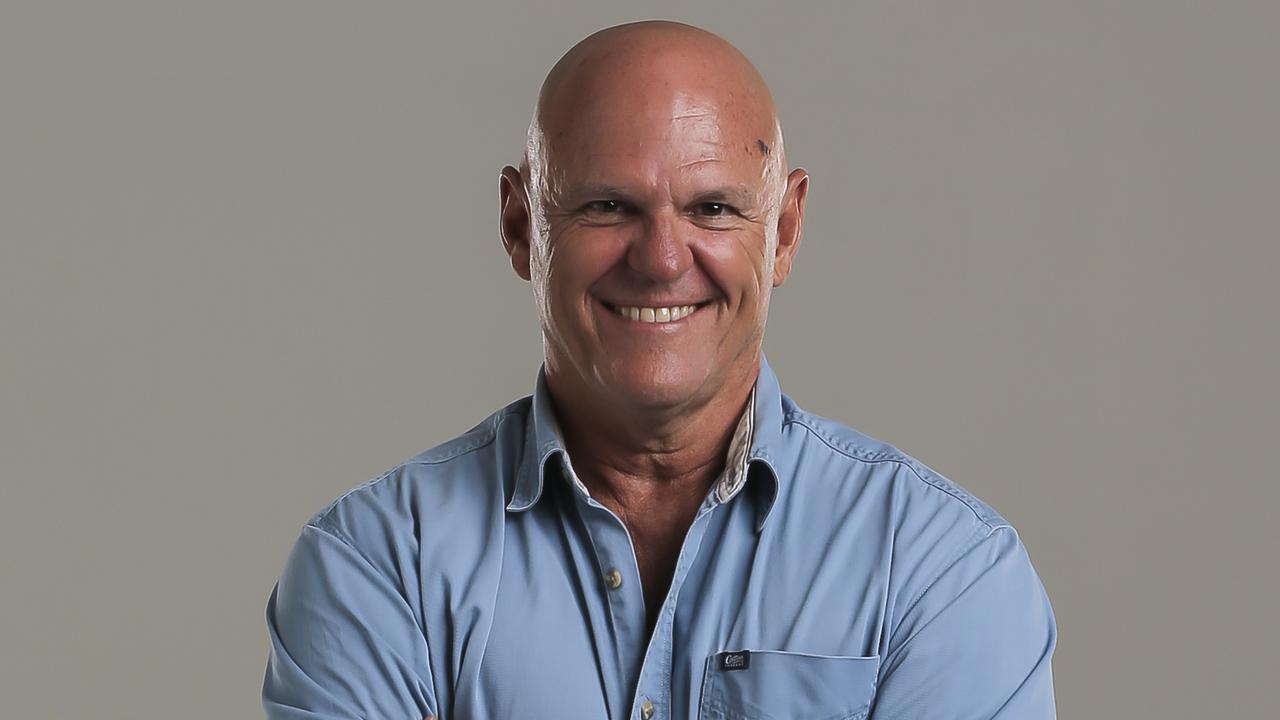Opinion: If we’re serious about tackling domestic violence, we need to make it a crime
IF WE’RE serious about tackling this worsening scourge, we need to re-evaluate how we prosecute offenders.
Opinion
Don't miss out on the headlines from Opinion. Followed categories will be added to My News.
WITH domestic violence once again in the spotlight, let’s lose the domestic tag and call it what it is: violence.
That it happens in the home between two people with a relationship history is just geography.
As world leaders speak out against violence against women (men are also victims, to a much lesser extent) and communities grapple with loved ones being killed, the opportunities to tackle such behaviour have never been greater.
In a video address at the Grammy Awards last Sunday, US President Barack Obama called on recording artists to help “change minds and attitudes” and sign an anti-violence pledge at ItsOnUs.org.
A day earlier, Pope Francis described domestic violence as a degradation of the female body that must be eradicated.
Last month, Prime Minister Tony Abbott promised to fast-track a national domestic violence order scheme to ensure orders are applied across state borders.
But pledges and DVOs aren’t enough.
Studies show more than three-quarters of orders are breached, and 60 per cent of women who seek them are abused during the protection period.
Queensland’s latest two known victims had orders against their former partners (both charged with murder).
A mother of two, 39, was found stabbed to death at her home north of Brisbane on February 7.
A pregnant Gold Coast woman, 34, died from head injuries on February 2 after being allegedly attacked with an axe.
One woman every week, on average, is killed in this country by a man she’s been intimate with.
This is a staggering statistic, and the scourge is spreading.
Domestic violence and sexual assault cost Australia $13.6 billion each year and, according to government estimates, the figure is tipped to rise to $15.6 billion by 2021.
Gold Coast lawyer Chris Nyst has demanded a rethink of how the law treats violence in the home.
Since the introduction of the Domestic and Family Violence Protection Act 1989, most cases are dealt with by civil protection orders, which require a lower level of proof and are easier to obtain.
That might seem like a good thing, however the reality is that the slip of paper served on an alleged offender is next to useless. It outlines the allegations against the man, but if he ignores it, Nyst says “the worst that can happen is a court order that he be of good behaviour and/or stay away from the aggrieved person(s)”.
The pregnant Gold Coast woman twice sought help from authorities, and she reached out to domestic violence support services.
On January 5, she took out a DVO against her former partner, but he allegedly breached it on January 21 and she woke to allegedly find him standing by her bed. Twelve days later, he allegedly returned and bludgeoned her to death.
Gold Coast Police domestic and family violence co-ordinator Sergeant Debbie Phillips maintains that police did all they could to protect her.
“It was almost a textbook case of our support of a person,” Phillips said.
“She’d really empowered herself. She was linked in with the Domestic Violence Prevention Centre, she was linked in with us, our colleagues were responding when required. The system had supported her.”
Huh? I’m with Nyst, who suggested in Wednesday’s Courier-Mail that the civil protection regime had inadvertently contributed to violence in the home being “trivialised and normalised”.
Like other forms of violence, domestic violence should be dealt with under criminal law if we are serious about trying to stamp it out. That way, a man who assaults his female partner can be arrested, charged, held overnight, then taken to court.
If he pleads guilty, he will receive a sentence, which may include jail time and conditions of non-contact and good behaviour for several years.
If he pleads not guilty, he must apply for bail which, if granted, can carry ongoing conditions, contact with authorities and unpleasant ramifications, such as notifying employers, potential witnesses and others of the charge.
This sends a clear message that society will not tolerate such violence.
More needs to be done. In addition to boosting government funding of community services, we need to start at the root cause.
The abuse of women by men is all about power and control. Eradicating it requires a multi-pronged approach that includes education, socialisation and collective acceptance that violence, domestic or otherwise, is just not on.
Kylie Lang is the editor of Qweekend magazine, every Saturday in The Courier-Mail.



